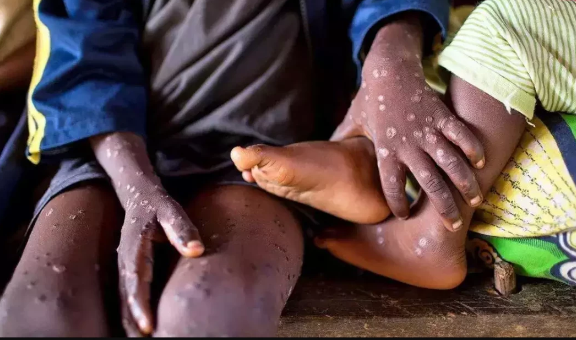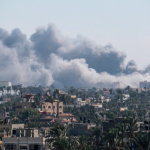The World Health Organization has urged countries affected by Mpox to collaborate in combating the virus. In a Twitter post on Friday, Director-General Tedros Ghebreyesus emphasized the need for enhanced surveillance across nations.
“Identification of the first Mpox clade 1b infection in Sweden underscores the need for affected countries to tackle the virus together,” he said.
Tedros asked countries to share data and fight the disease with all it takes.
“All countries should enhance surveillance, share data, and work to better understand the transmission,” he said
“Share tools like vaccines and apply lessons learned from prior public health emergencies of international concern in addressing the current outbreak.”
In Kenya, the Ministry of Health has reported one case of Mpox and is working swiftly to contain the outbreak. However, experts suspect that more cases may be untested. The government has also intensified border surveillance to prevent the disease from spreading.
Most Mpox cases involve a rash and resolve without treatment within a few weeks, though severe cases can be life-threatening.
Kenya is set to receive a Sh2 billion fund from donors to combat the spread of Mpox. The World Health Organization has indicated an immediate need for at least $15 million (about Sh1.9 billion) to support surveillance, preparedness, and response efforts.
Previously known as monkeypox, the disease has resulted in at least 450 deaths during an initial outbreak in the Democratic Republic of Congo.
WHO has declared the Mpox outbreak in parts of Africa a public health emergency of international concern. The disease has spread across central and eastern Africa, raising alarm about the rapid transmission and high fatality rate of a new variant.
Tedros expressed significant concern about the potential for Mpox to spread further within Africa and beyond. He noted that there have been several outbreaks of different Mpox clades in various countries, each with distinct transmission methods and risk levels.
The World Health Organization has endorsed two vaccines for Mpox, which are recommended by its Strategic Advisory Group of Experts on Immunisation and approved by WHO-listed national regulatory authorities, including those in Nigeria and the DRC.
Recently, the Director-General initiated the Emergency Use Listing process for Mpox vaccines. This move aims to expedite vaccine access for lower-income countries that have not yet received national regulatory approval. The Emergency Use Listing also allows partners such as Gavi and UNICEF to procure and distribute the vaccines.



